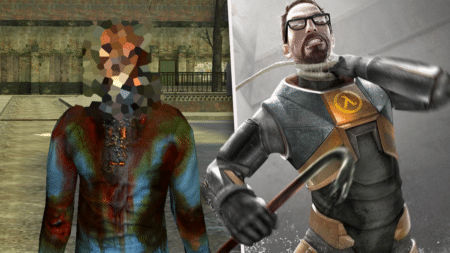Video games have come a long way since their inception. With advancements in technology, game developers are now able to create immersive worlds that players can get lost in for hours. But, while graphics and gameplay are important, one of the most crucial elements of any video game is its story. An engaging story can make or break a game. It can elevate a mediocre game to greatness, or it can sink a promising game into obscurity. In this piece, we will explore the power of storytelling in video games and how it can make or break a game.
The Importance of Storytelling in Video Games

Storytelling is a powerful tool in video games, and it is becoming increasingly important in the industry. In the past, games were more focused on gameplay, with story elements taking a backseat. However, as games have become more complex and narrative-driven, the importance of a strong story has become apparent. A good story can add depth and complexity to a game’s world, making it feel more alive and immersive. It can create emotional connections with characters and motivate players to progress through the game’s story. It can also help set the tone for the game and create a unique identity that sets it apart from other games.
On the other hand, a weak or poorly executed story can leave players feeling disconnected from the game’s world and characters. It can make the game feel shallow and uninteresting, which can lead to players losing interest and abandoning the game altogether.

The Benefits of a Strong Story in Video Games
There are several benefits to having a strong story in a video game. Let’s take a closer look at a few of them:
A strong story can immerse players in the game’s world and make them feel like they are a part of it. By creating a rich and detailed world with interesting characters, players are more likely to become invested in the game and feel like they are a part of the story. A good story can create emotional connections between players and characters. This can make players care more about the game’s characters and feel a sense of investment in their stories. This can make players more motivated to progress through the game’s story and see how it all plays out. A strong story can help a game stand out from the crowd. By creating a unique identity and setting, a game can distinguish itself from other games in its genre and create a lasting impression on players.
The Risks of a Weak Story in Video Games

While a strong story can have many benefits, a weak story can have serious consequences. Let’s take a look at a few of the risks associated with a weak story:
A weak story can leave players feeling disconnected from the game’s world and characters. This can make it difficult for players to care about the game or feel invested in its story. A weak story can often lead to the shallow gameplay. Without a strong narrative to tie everything together, the gameplay can feel empty and meaningless, leaving players feeling unfulfilled. A poorly executed story can lead to negative reviews and a bad reputation for the game. This can lead to poor sales and hurt the game’s chances of success.
Conclusion
In conclusion, the power of storytelling in video games cannot be overstated. A strong story can make or break a game, and it is becoming increasingly important in the industry. A good story can create emotional connections with players, immerse them in the game’s world, and help the game stand out from the crowd. On the other hand, a weak story can leave players feeling disconnected.










